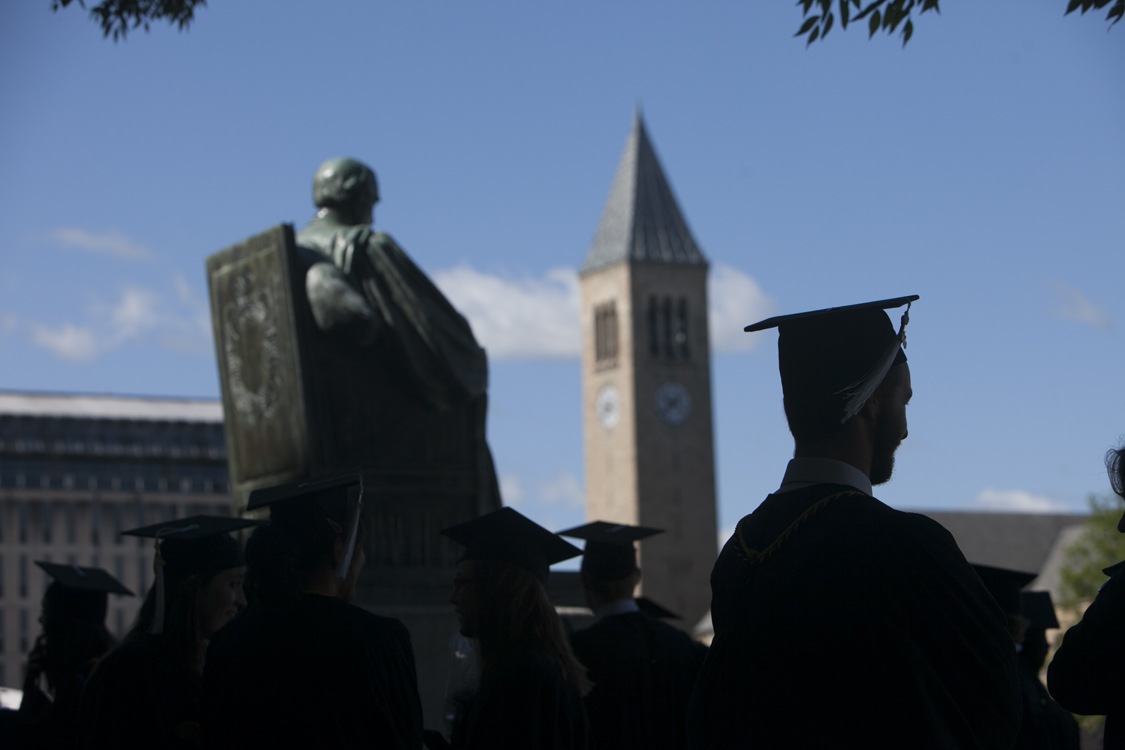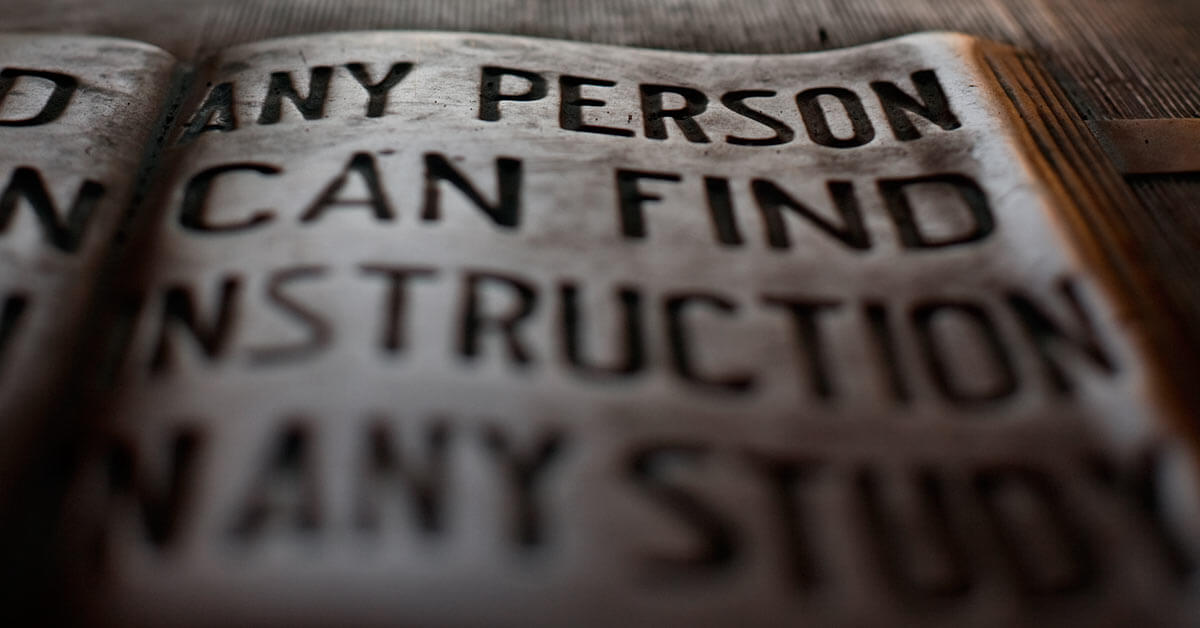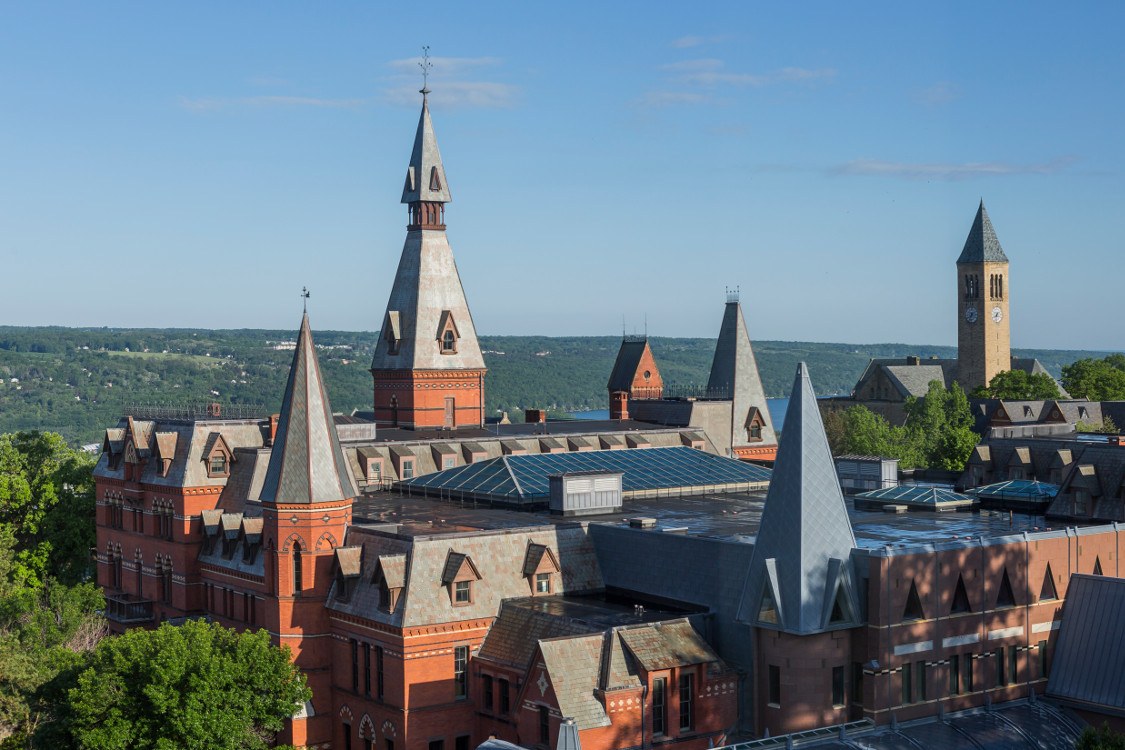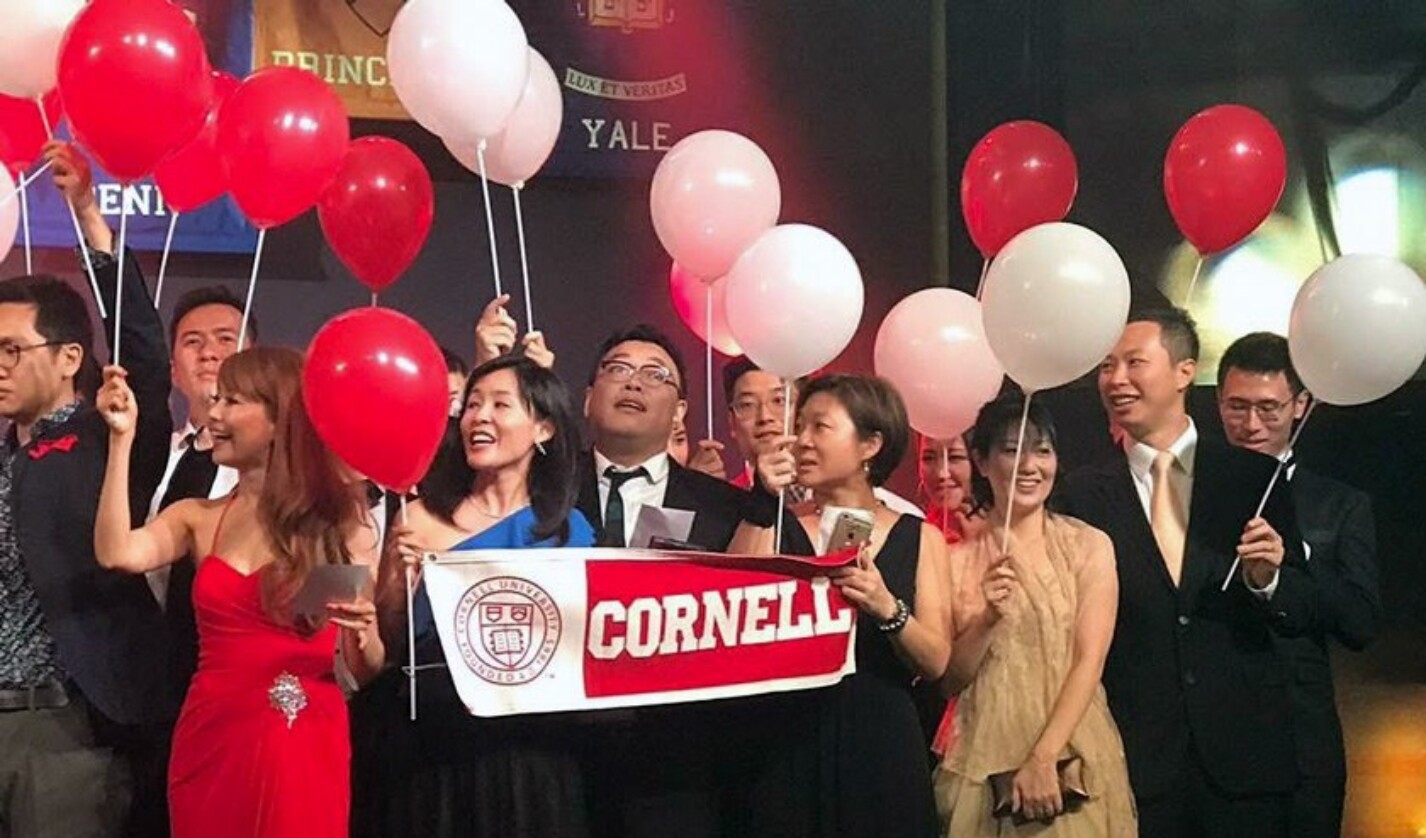Cornell’s endowed scholarship challenge was launched last year, and it reached a successful completion this April, thanks to alumni, parents, and friends who gave nearly $22 million in endowed scholarships to boost the university’s financial aid and strengthen its commitment to “… any person … any study.”
“The success of the challenge leaves no doubt in my mind that Cornellians strongly support need-blind admissions and need-based financial aid,” said Jason Locke, the interim vice provost for enrollment with oversight of the offices of admissions, financial aid, and the university registrar. “Beyond this challenge, I hope many others are inspired to support scholarships today so that we can make a Cornell education accessible to more deserving students.”
In all, 86 supporters established named endowed scholarships at the $200,000 level or greater, which were each matched by the challenge on a 1-to-4 basis. Matching funds totaling $5 million—made possible by an unrestricted bequest from Craig Voorhees ’49—were awarded.
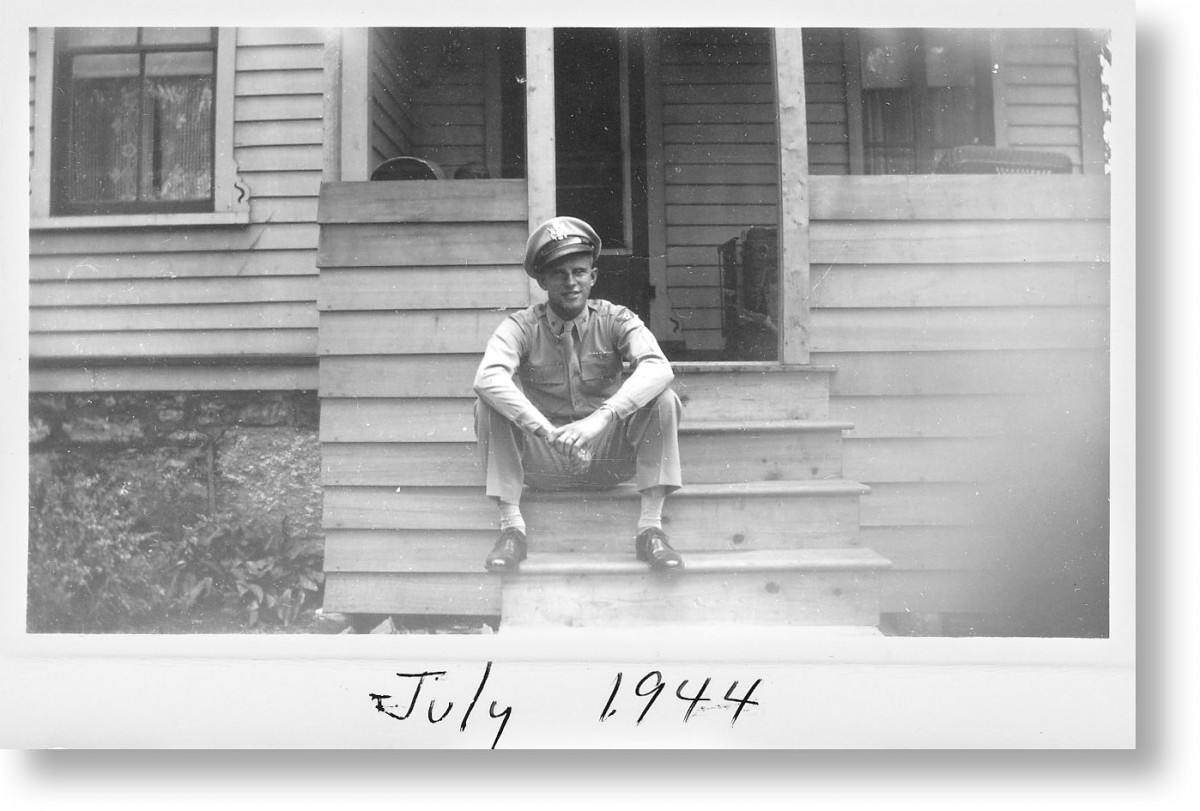
Scholarship supporters range from foundations to individuals, from alumni families to non-Cornellian parents, and the students and the areas they benefit are equally diverse. Here’s a glimpse of who they are and why they gave.
Access to excellence
Our daughter is clearly getting an excellent education, and we wanted to boost that excellence and make it available to students with financial need.
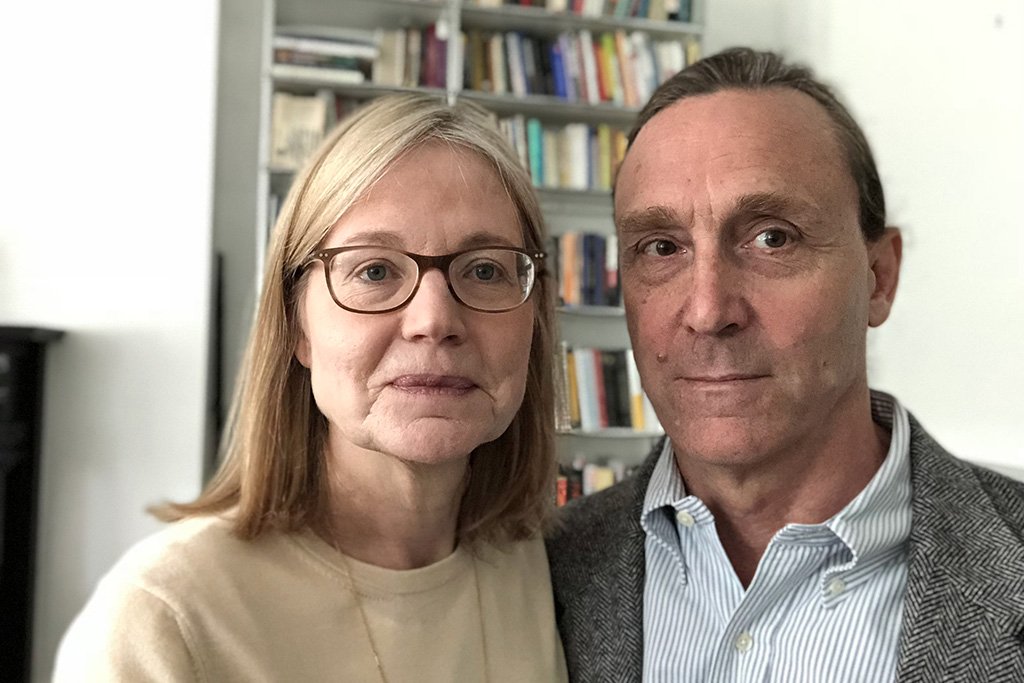
Jeff and Jody Black are not alumni, but they experience a Cornell education vividly through the eyes of their daughter, Hallie ’19, a fifth-year architecture major in the College of Architecture, Art, and Planning (AAP). Most recently, the couple has been wowed by their daughter’s investigations of refugee housing and migrant “arrival cities.”
“These wonderful models and presentations she’s put together over the course of her studios and in her classes are tangible evidence of how she’s growing,” said Jeff Black, a private investor involved in software and computer communications. “Then she comes home and talks about her interests in topics like migrant populations and architecture, and it’s amazing how deep she’s thinking.”
Avid supporters of their local not-for-profit organizations that provide education, mentorship, and assistance to low-income families, the Boston-based couple created a scholarship at AAP, with a preference for first-generation students. Their scholarship will start to be awarded in the fall.
“Our daughter is clearly getting an excellent education, and we wanted to boost that excellence and make it available to students with financial need,” Jeff Black explained.
“A good education is key to moving up the socioeconomic ladder,” said Jody Black, a former tax lawyer who later earned a doctorate in social policy and is now volunteering her expertise to help underprivileged communities through the Office of Financial Empowerment in Boston.
“There are very talented people out there who opt not to go to college and incur debt, so it’s important that the cost of tuition alone doesn’t drive people away,” she said.
Education and care
There’s so much innovation, and amazing breakthroughs are happening at an astonishing pace in veterinary medicine right now.
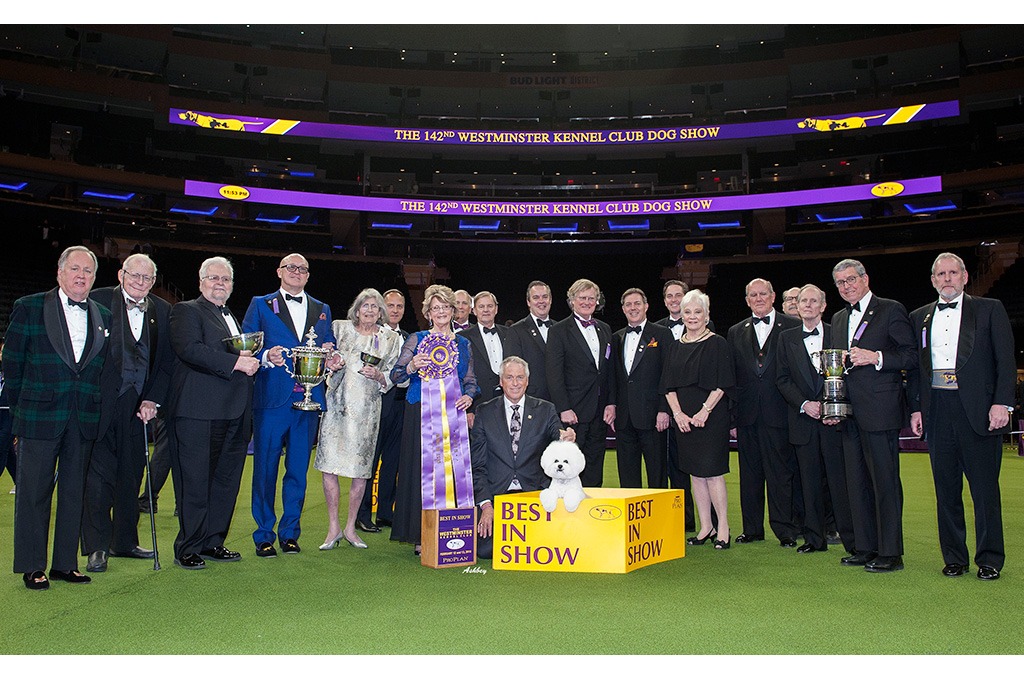
Since its early days, the Westminster Kennel Club has known that caring for animals means supporting the people who take care of them: Part of the proceeds from its very first annual New York bench show for dogs, in 1877, went to the American Society for the Prevention of Cruelty to Animals (ASPCA).
“Helping institutions like the ASPCA has always been in the membership’s DNA,” said Chat Reynders, Westminster Kennel Club president.
For many years, the Westminster Kennel Club has provided scholarship support for students in need at Cornell’s College of Veterinary Medicine. Last fall, it pitched in for the endowed scholarship challenge, significantly increasing its philanthropic commitment to the university.

“We’re very proud to be partnering with Cornell,” said Reynders. “While we’re in the business of putting on a wonderful dog show, dog health—and animal health, in general—really matters to us and to everybody in the community. We’re stepping forward so that everybody sees that veterinary education is a priority for us.”
Reynders also explained that the well-being of companion animals and the vitality of people go hand in hand, and that discoveries in veterinary medicine often directly benefit human health.
“There’s so much innovation, and amazing breakthroughs are happening at an astonishing pace in veterinary medicine right now. It’s such a dynamic field,” he said.
Reynders added: “We recognize that access to an extraordinary education can be difficult, so we want people from all areas of life and all income circumstances to have the potential and the ability to become vets.”
Women in science and technology
As women’s equality is promoted in all fields, I hope this scholarship will help in its own small way.
“Chemistry wasn’t a field that many women worked in when I was a student,” said Joan Flaxman ’64, owner and vice president of Chem-Tainer Industries, which manufactures chemical and water storage tanks.
She created a scholarship at Cornell out of a sense of gratitude for the financial aid she received: “It’s good to give back and to perpetuate the possibility for other people who might not be able to partake of a Cornell education without the help.”
Flaxman’s scholarship states a first preference for women students in STEM fields, enrolled at the College of Arts and Sciences.
“I want to make student life a little easier for them,” she said. “I know that there are always work opportunities on campus, but sometimes students can’t give that many hours to work because of academic challenges.”
“I’m hoping that not only will more women come to Cornell and be science majors but that they will also devote more time to research and to other activities that give them a fulfilling experience on campus,” she added.
Flaxman lives in Harrison, New York, close to three of her sons and six of her grandchildren, and she often travels to Boulder, Colorado, to visit another son and two grandchildren.
She said that Cornell is always in her thoughts and that she is pleased to support the university at this stage of her life and at a time when women’s contributions to science and technology are increasingly recognized.
“As women’s equality is promoted in all fields, I hope this scholarship will help in its own small way,” she said.
A sanctuary of learning
I believe in the goodness of man that they’re going to help others. They will find ways to give back.
One alumnus of the College of Agriculture and Life Sciences established a scholarship with a first preference for those with no other way of finding financial aid: undocumented students, including those registered under the Deferred Action for Childhood Arrivals (DACA) program.
“It’s really unfortunate that, through no fault of their own, these young people are thrown into a very difficult situation,” said the alumnus, who requested to be anonymous to safeguard the recipients of his foundation’s named scholarship.
He added: “It’s hard enough for teenagers or young adults to get an education and find an occupation. They don’t need other hassles.”
For him, scholarships give those in need opportunities to better themselves and also to make an incalculable difference in society.
“Once they have an education, their ability to contribute to anyone and anything is enhanced because they have more abilities,” he said. “Once they’re no longer in a hand-to-mouth situation, I believe in the goodness of man that they’re going to help others. They will find ways to give back.”
The alumnus is proud of Cornell’s motto of an inclusive and broad education and of the university’s stance on DACA, especially when the program was under threat of repeal.
When asked why he made the scholarship gift, he quoted a saying by Hillel the Elder, taken from the Talmud: “If I am not for myself, then who will be for me? And if I am only for myself, what am I? And if not now, when?”
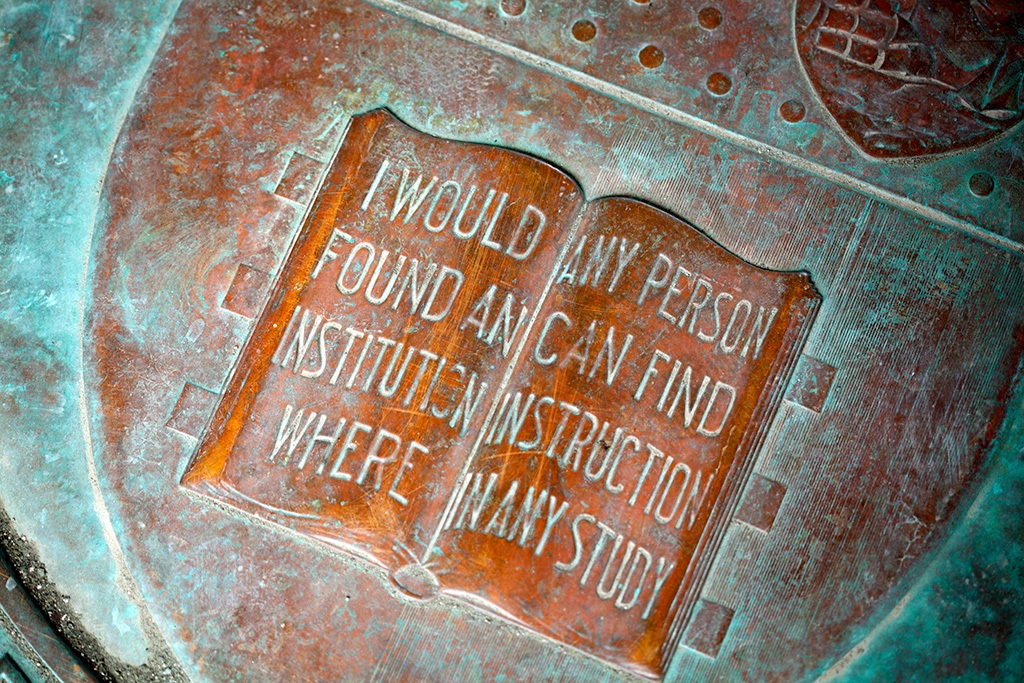
Get to know students supported by endowed scholarships.
Learn how you can give to scholarships and other Cornell priorities.

